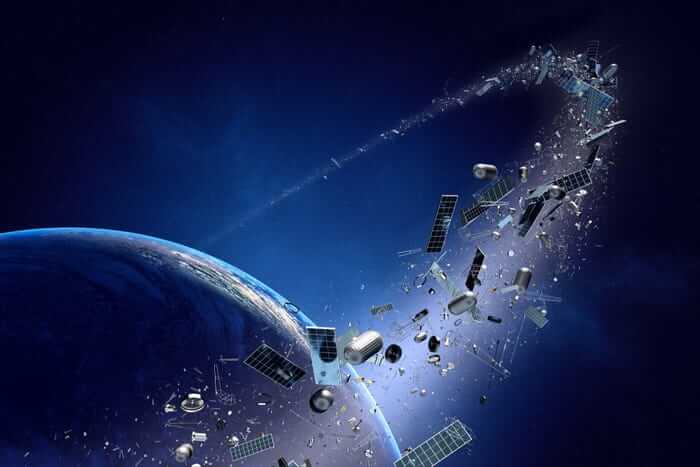When an aerospace company in UK makes a trip into the great unknown, it needs to know that its efforts will be worthwhile. So do satellites crash to Earth? Absolutely, but the biggest problem for space exploration companies is crashes that occur within space. Accidents can leave enormous amounts of debris in space, and this debris can threaten both spacecraft in orbit as well as cause satellites to crash into each other.
Companies worldwide that are making a profit from space exploration are worried about the cascading effect of satellite crashes and the frequency of crashes overcrowding the lower earth orbit. Once things get too cluttered, it will be very dangerous to launch new satellites. However, efforts are being made to curb the likelihood of a satellite crash in space.
Recommendations For Satellite Operators
Studies carried out by NASA reveal a lengthy list of recommendations for operators of satellites. These are being adopted by numerous companies forthwith. One of these is to harden probes to more easily withstand collisions with other particles and debris. If junk or rocks were to hit satellites, they wouldn’t be so badly damaged, and they wouldn’t explode as easily. If things aren’t changed, and upgrades aren’t made in the present, the risk of explosions and damage will grow exponentially.
Of course, it will cost more time and money for companies, but the long-term investment would mean that space exploration companies would have a safe enough lower earth orbit to travel through for the foreseeable future.
Guarantees to De-Orbit
Space companies such as SpaceX have made commitments to update their debris mitigation plans, factoring to de-orbit their satellites. Official guidelines for de-orbiting satellites exist, but they are not legally binding and enforceable on a worldwide scale. However, SpaceX has mentioned that they will de-orbit satellites within 5-7 years of launch. Other companies such as OneWeb have followed suit and boast reliable de-orbiting plans for the future. This trend is likely to grow throughout space exploration as companies look towards the long term – you can’t explore space if you can’t get there.
De-Orbiting Kits
Every satellite crash doesn’t necessarily occur with space debris coming in contact – there is also the possibility of satellites hitting other satellites. De-orbit kits such as sails or balloons increase satellite surface area, allowing it to get bombarded more by upper atmosphere particles. As a result of this increase, the satellite is dragged downward, leading to a successful de-orbit. The challenge for this sort of technology comes when satellites are too far up and high in the atmosphere. It is also a costly procedure to add a kit like this to a satellite – the cheapest solutions and tech will very likely break the bank and the budget of most companies.
Vehicles
An interesting way of preventing a satellite crash into an asteroid and debris relates to vehicles. Plans are in place by several companies to create vehicles that catch up to satellites and grapple them, either to place them on a descent down to Earth or a needed repair. Companies like Altius are currently working on grappling fixtures to enable future spacecraft to grab hold of satellites easily.
If they can grab them, then they’ll be able to repair satellites and stop debris from breaking off, thereby preventing future crashes. Many small satellites are also being equipped with features that allow them to move out of the way of debris. This technology could also be repaired when it goes wrong. A little grappling could go a long way and significantly prevent space crashes or satellite crashes to Earth.
Every Satellite Crash Provides A Learning Opportunity
Many space exploration companies have adopted a growth mindset. Every crash and bit of flying debris presents an opportunity to develop better satellite crash repairs and new technology. There’s a lot of money to be made in space, and companies need to think proactively to prevent satellite crashes. Fortunately, they are doing this and are likely to create several interesting innovations. For the bleak darkness of space, the future’s bright.
What are your opinions on satellite crash landings and the latest technology around crash prevention? Is there anything we’ve missed out on? Please share your thoughts in the comments section below.
Follow Techdee for more!
